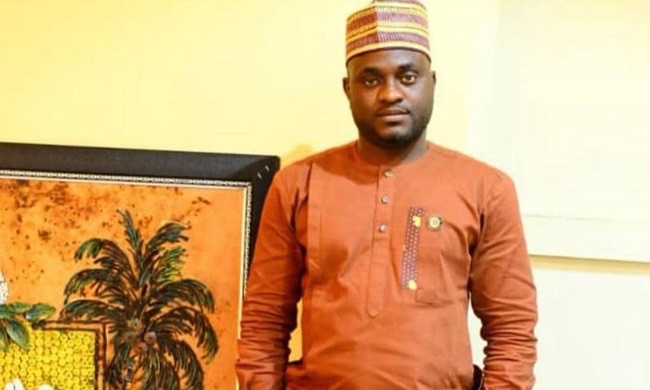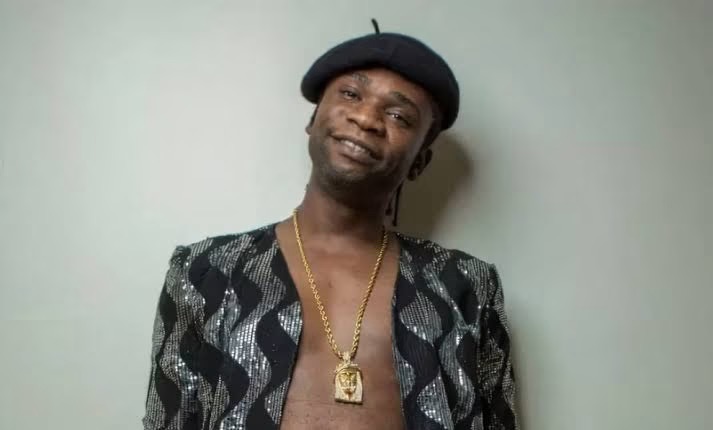Lagos State Governor Babajide Sanwo-Olu has suspended Wale Ajetunmobi, his senior special assistant on print media, following controversial remarks about the 2020 #EndSARS protests. In a post on X (formerly Twitter), Ajetunmobi claimed that individuals who participated in the arson attack on Television Continental (TVC) during the protests were “hunted down and executed.” The statement sparked public outrage, with critics accusing him of endorsing extrajudicial killings .
Ajetunmobi later attempted to clarify his comments, asserting that the deaths resulted from gunfire exchanges with security forces, not extrajudicial actions. However, his remarks contradicted the official accounts of the protests, as there were no reported instances of gunfire during the TVC arson. This inconsistency only fueled further criticism of his statement .

In response, the Lagos State government condemned Ajetunmobi’s comments, with Governor Sanwo-Olu emphasizing that his administration does not condone any form of extrajudicial punishment. The governor’s media adviser, Gbenga Akosile, stated that the remarks were a misrepresentation of facts and contrary to the administration’s principles .
The #EndSARS protests of October 2020 saw widespread demonstrations against police brutality, particularly by the Special Anti-Robbery Squad (SARS). Following the protests, public institutions and private properties, including TVC, were attacked by hoodlums. These events remain a sensitive topic in Nigeria, especially given ongoing debates about justice for victims of police and military violence .
Ajetunmobi’s suspension reflects the Lagos State government’s effort to distance itself from inflammatory narratives and to maintain its public image. This action also underscores the enduring controversy surrounding the handling of the #EndSARS protests and the violence that followed .
The incident has reignited discussions about the need for transparency and accountability in government communication. It also highlights the sensitivities around narratives of violence during one of Nigeria’s most significant social movements in recent history .





